"Don't be a Pick Me Girl"
The universal female experience.

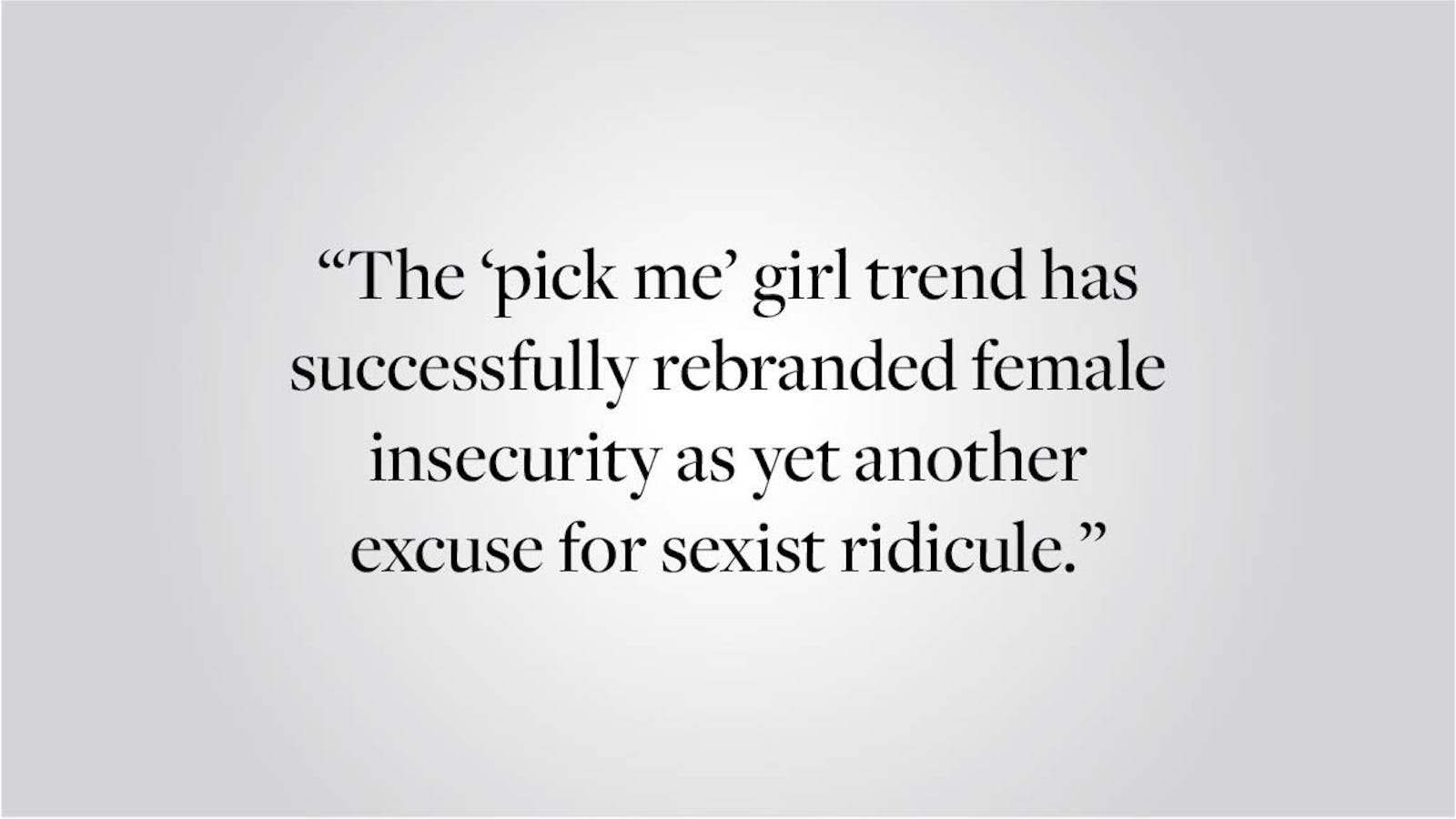

What is a "pick me girl"?
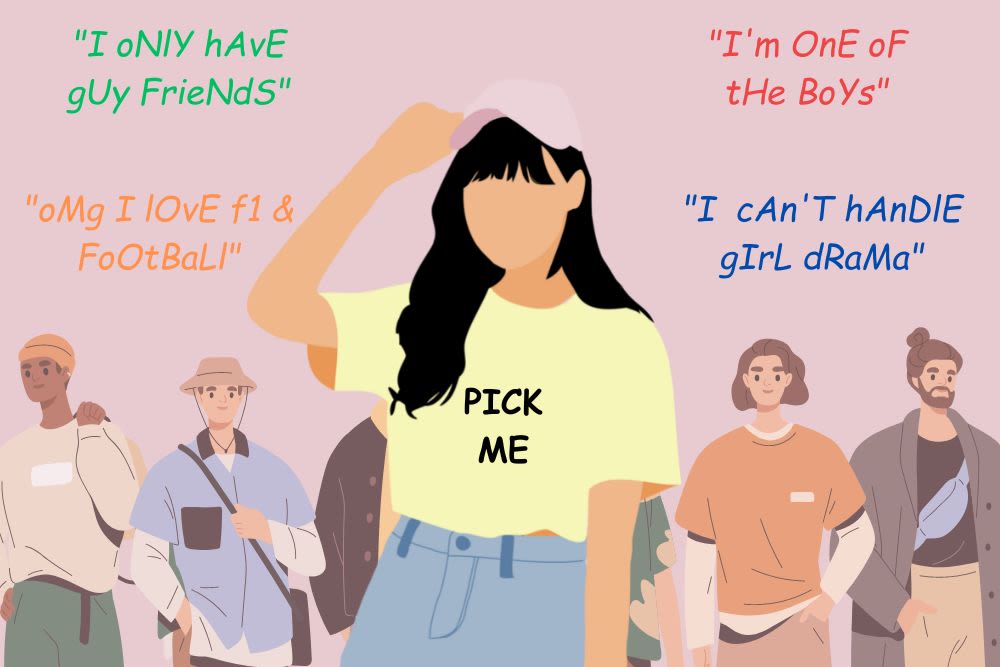
A pick me girl can be defined as a woman who asserts that she is unlike (and sometimes better than) most other women, in order to gain attention, approval, or validation from men.
Society needs to consider why young girls feel the need to adapt themselves and their personality just to be accepted by a group of men. Is it because they want a boyfriend? Do they want to be seen as the girl who is dateable, what is it? Could it be due to being seen as a friend instead of a prize? Do other girls only judge pick me girls because they also want to be friends with all the boys?
“Girls are so dramatic. That’s why I get along so much better with boys.”
“I could never be into that “girly” stuff like makeup and clothes. I’m just not really like other girls.”


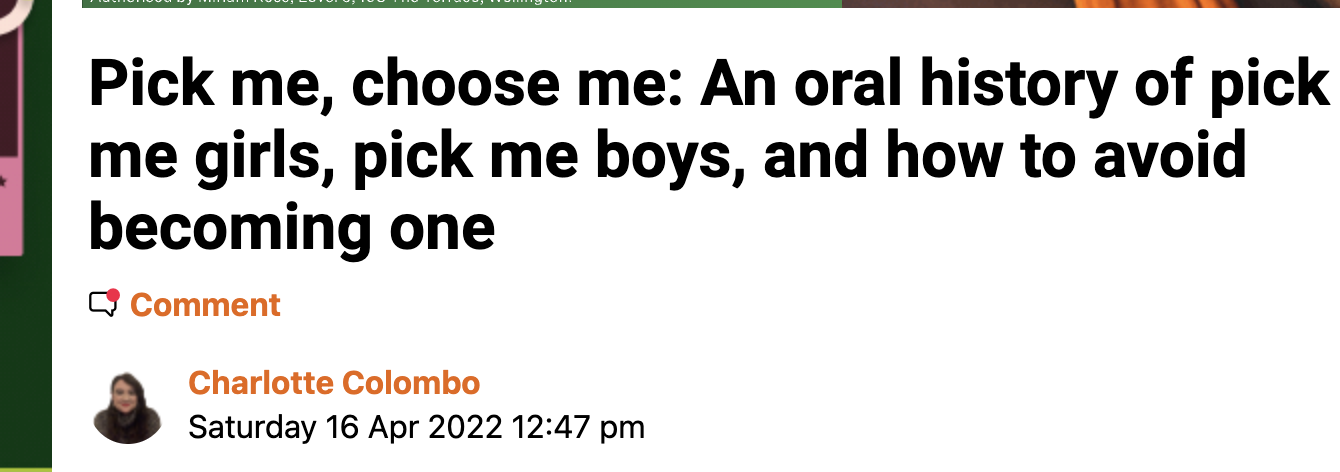
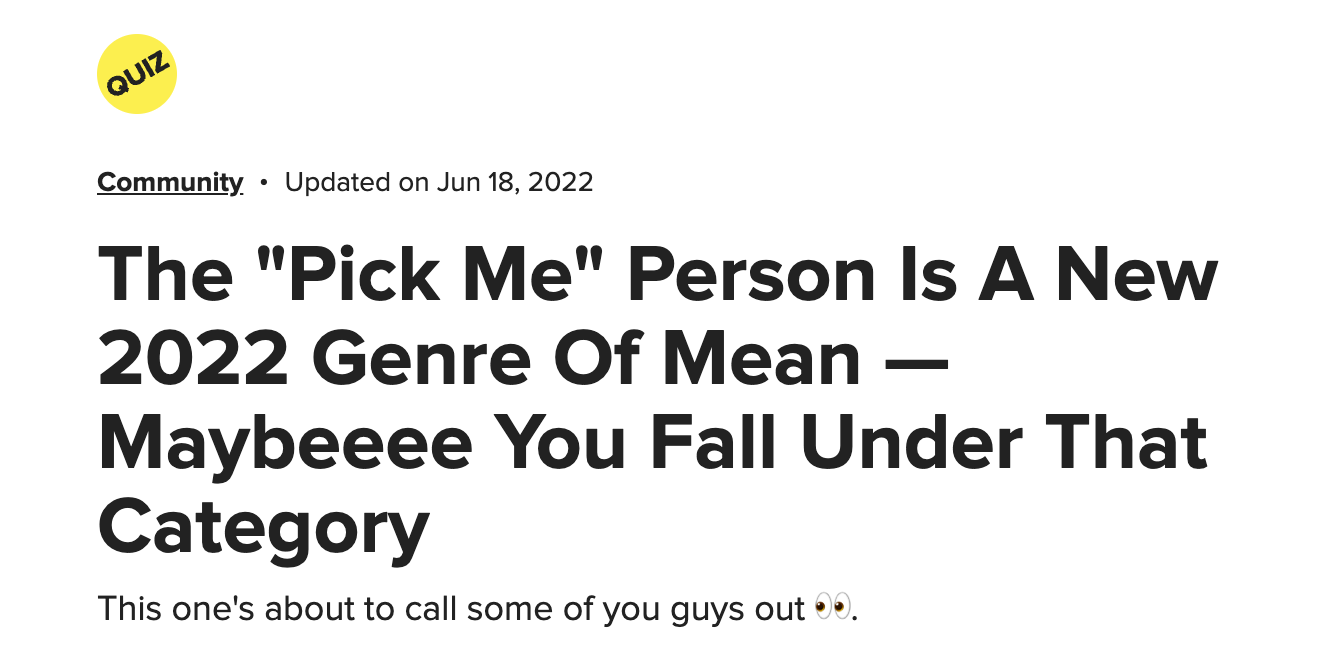



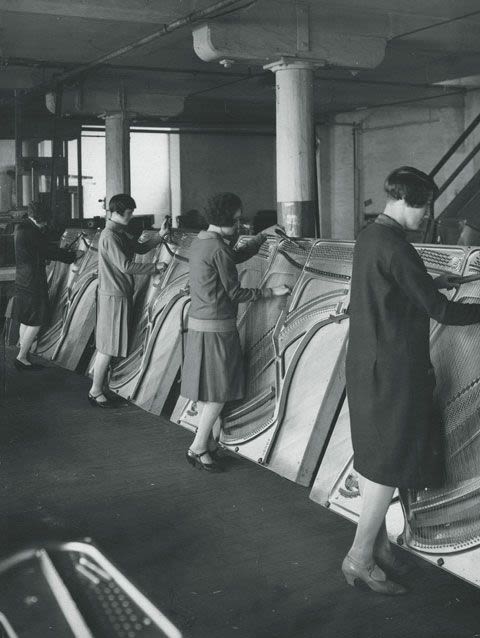

The Evolution of Femininity
There has never been a more hostile or mocked age or gender group than teenage girls, ages 12-18. Teenage girls, more than any other age group, have been stereotyped and devalued throughout history. Teen girls are stereotyped as being airheads and ditsy, with little common sense, as well as being objectified and sexualized to oblivion; they are labelled as overspenders, despite the fact that teenagers account for more than a quarter of the employment.
In the 1920’s there was a thing called ‘The Flapper Era’ which was a concept of young girls which we now call teenagers who were characterised by bobs (short haircuts) and mini dresses allowing this age group to stand on its own, not fitting into the category of a child or an adult. Flappers adopted this look as a statement against the traditional expectations placed on women at the time, which included being demure, modest, subjective, etc. Women of this era battled hard for independence from male authority. This was a huge stepping stone in the evolution of femininity.
The teen girl craze era began around the rise of elvis presley, the beatles, and boy bands where teen girls were labelled as these super crazy beings. However, if we are going to depict their actions, it’s also important to understand why they act this way. During the 1940’s these concerts allowed teenage girls to let loose and be themselves. The shy and respectful girl which is now a standard we should be meeting used to be a requirement in the 1900’s. If girls were outspoken about their sexuality or feelings she would then me outcasted, and be branded as someone who will never find a husband. Therefore being a fangirl would create a bad image on teenage girls making them undateable and crazy.
We have finally outgrown this thought however teenage girls and women are still sexualised and objectified everyday in the workforce, in neighbourhoods, in the media, in schools and so much more. To change this we need to show them the respect they deserve and society needs to allow them the confidence to express themselves and experiemnt with different phases so they can learn what they like and grow as a person without fears of being isolated.

Media's Influence
The “pick me girl” trend has become significantly problematic and the media is a heavy influence on it. The #PickMeGirl trend first emerged in 2016 on Twitter when the hashtag #TweetLikeAPickMe began circulating (April 11, 2023). On TikTok, the #PickMeGirl hashtag now has 1.7 billion views, while #PickMe counts 3.4 billion views (T.S, 2022).
Numerous content creators, however, tend to imitate "pick-me girls" not for the purpose of addressing the harmful origins of this phenomenon but rather to criticize and stigmatize other women.
The interpretation of 'pick-me' behavior has become distorted within the realm of social media. The media's influence may contribute to the progression of the trend and its impact on society's view of gender and identity expression through exposure, discussion, and analysis.
What originally began as a humorous trend, challenging those who might occasionally engage in 'pick-me' behavior, has now evolved into something uncontrollable. The Pick Me Girl on TikTok presents the ideas of beauty standard which differ among women, competition between women to get men’s attention, women’s self-objectification, and humiliation toward other women (F.S, 2022).
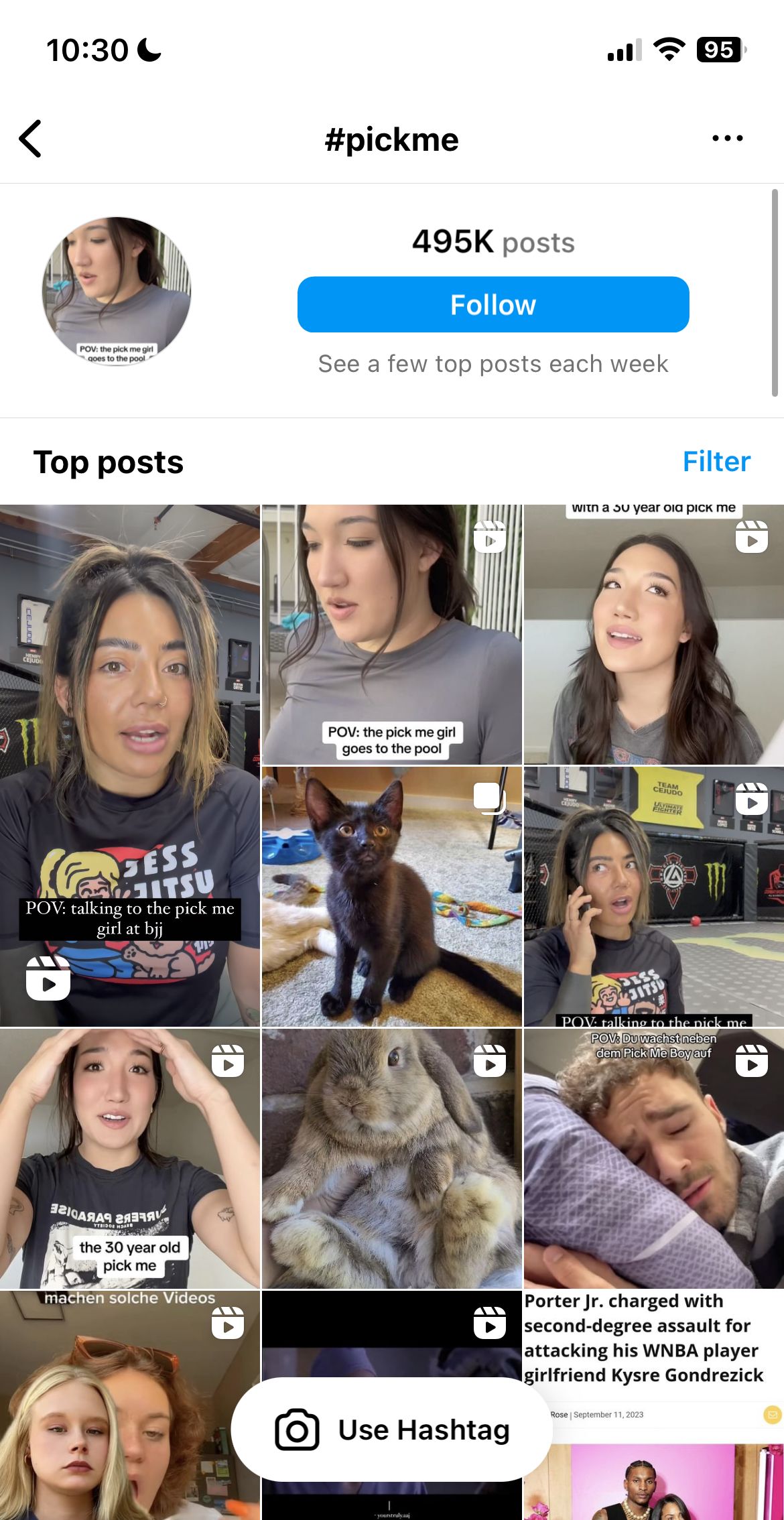
The media has been criticised for propagating stereotypes and humiliating women who engage in 'pick-me' behaviour. Since the beginning of social media, women have been constantly shamed for many different aspects of their lives and identities. Women are regularly subjected to slut-shaming, with the media criticising their looks, relationships, or sexual behaviour, propagating negative stereotypes.
Female celebrities, such as Miley Cyrus and Lindsay Lohan, have sometimes experienced harsher criticism and attention for their drug problems than those who are men. This gap can be due to social double standards that impose more responsibilities on women to comply to conventional feminine and modesty ideals. Female celebrities' drug-related experiences are typically presented as dramatic falls from grace in the media, bringing greater attention and judgement. Furthermore, the pressure on women to maintain a specific image and look heightens the scrutiny, since the physical consequences of drug use may jeopardise their public persona. This inconsistent treatment can have serious professional consequences for female celebrities, emphasising the importance of challenging preconceptions and prejudices in our communities.
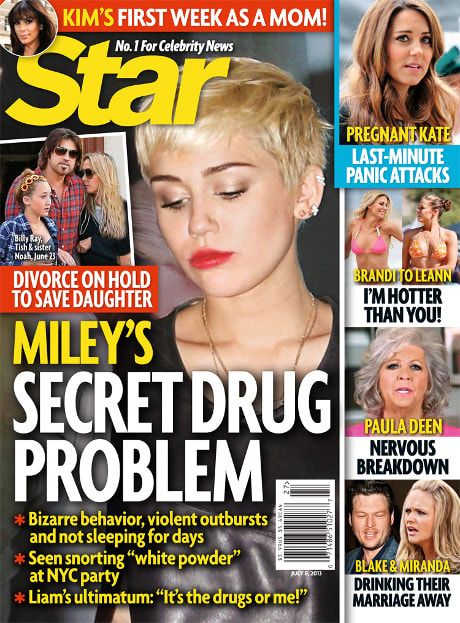
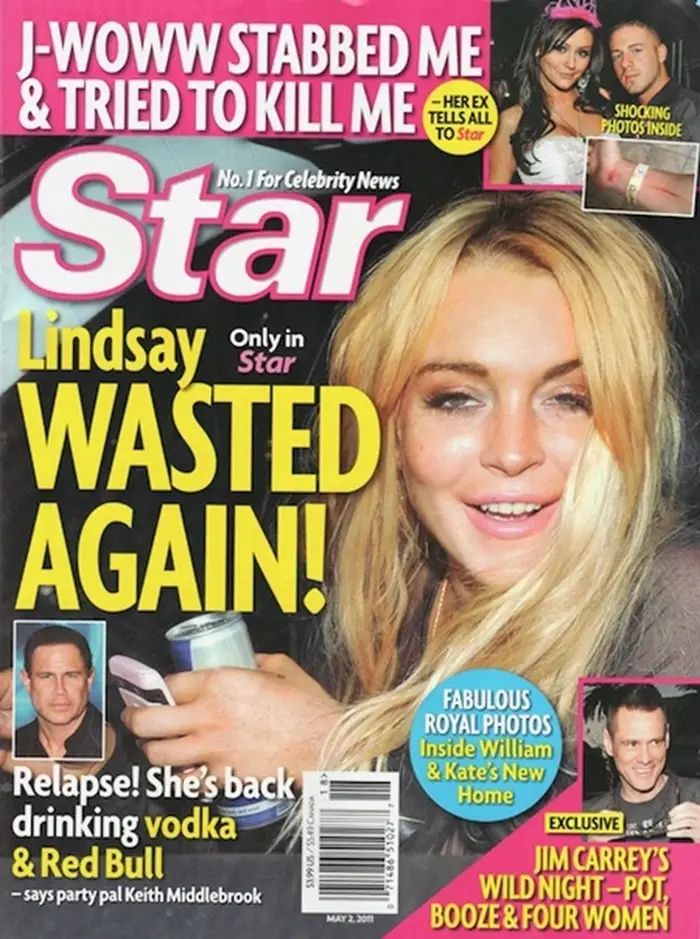
“You’re going to walk home with a lot more than maybe just a trophy tonight. I think lots of men.”
Taylor Swift is a famous celebrity who is constantly shamed for the number of “ex boyfriends” she has but what people should be more worried about is the success this women is carrying with being one of the most well known singers today. The media frequently reinforces traditional gender roles and feminine ideals, which can add to the pressure some women feel to conform into these stereotypes, even if it means disregarding their own interests, aspirations, or ambitions. Women may feel obliged to play the role of "pick me girls" in response to media portrayals of women who adhere to traditional norms as more attractive or successful. However the media is making it difficult for individuals as society is constantly changing what they want us females to be and conform to.
Media's Narrative of Sexual Assault (TW)
The media may at times portray speaking out about sexual assault negatively by stimulating doubt, victim-blaming, and sensationalism. This can prevent survivors from coming up, leading to re-victimization, violation of privacy, and a decline in the severity of the situation.
Victim blaming is often present in media narratives in regards to sexual assault, including choosing to blame what a person was wearing, whether they were intoxicated, their sexual history and ones sexuality.
"Pick me girl" behaviour may indirectly contribute to victim-blaming by reinforcing traditional gender roles and indicating that women should adhere to these roles to prevent harm, despite the fact that the person responsible holds full accountability for sexual assault.
About 35 percent of females and 12 percent of males had experienced sexual assault in their lifetime. The proportion of those who experienced sexual assault was high in young people, with 18 percent of adults aged 15-19 already victimised in their lifetime (2021 New Zealand Crime and Victims Survey (NZCVS) | New Zealand Ministry of Justice)
Implications of Victim Blaming
Victim blaming is steeped in the cultural belief that women are the bearers of morality, and essentialised understandings that this morality is held within the female body (McClintock 1995).
Victim blaming is a rising concern in society, due to many victims in the past not being shown support and having lack o punishment towards the perpetrator has made it super difficult for victims to reach out for help or to come forward and report the abuse. We have seen multiple stories in the media where a victim was blamed for her own assault suggesting she asked for it for wearing provocative clothing or she was drunk, or that she never made it clear she didn’t want to.
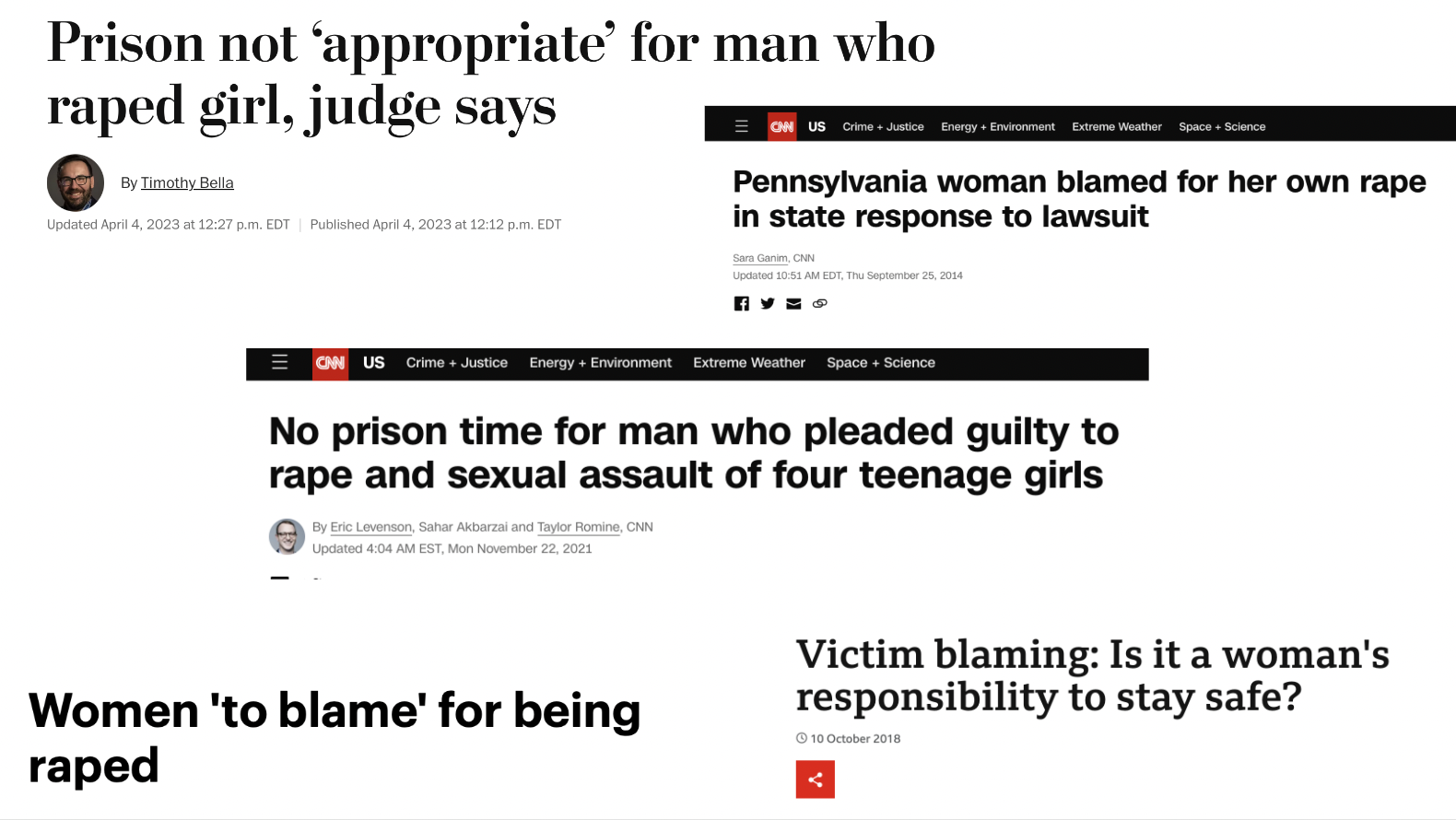
Mental Health matters.
One in five women (19%) experience a Common Mental Disorder (such as anxiety or depression), compared with one in eight (12%) men.
Women's mental health is critical in today's society, particularly considering the prevalence of trends such as the "pick me girl" phenomena and the extensive social media humiliation that many girls and women face. Women's mental health has societal consequences in addition to being important for personal well-being. Having a pick-me girl mentality can be harmful to women because it sends the message that being feminine is something to be ashamed of, it perpetuates misogyny and encourages women to tear each other down in order to fit into a male-domniated society (How The Pick-Me Girl Trend Is Harmful To Women’s Mental Health, From An Expert, 2023). It is often argued that such trends can inadvertently foster a negative perception of traditional feminine norms, contributing to the internalisation of misogyny among women. When societal trends and pressures push women to internalise misogynistic beliefs, it deeply affects their mental health and emotional state. This internalisation often triggers feelings of self-doubt, inadequacy, and lowered self-esteem. Women may find themselves under immense stress, dealing with anxiety, and, in some cases, even experiencing depression as they grapple with societal expectations to conform to unattainable or detrimental standards related to appearance and behaviour.
The female experience is universal.
Movements like the #MeToo movement was created. In October 2017, actress Alyssa Milano encouraged survivors of sexual harassment or assault to share their experiences on social media using the hashtag #MeToo. #MeToo has had a significant impact by raising public awareness about the prevalence of these issues, providing an opportunity for survivors to share their stories, holding perpetrators liable, empowering women and emphasising the importance of intersectionality in addressing these issues.

The media is constantly dehumanising women and we are constantly creating movements for us women to come together. But why?
As women, we experience the same things on a daily basis. Women frequently confront particular barriers as a result of gender inequality, such as the gender wage gap, sexual harassment, and assault. The media continues to perpetuate these trends, compelling women to conform to outdated standards and often pitting us against each other, a stark departure from the unity we should be fostering among women.
As women, we have undoubtedly come a long way in our journey for equality and empowerment, with introducing such movements. It is critical that we recognise that our true strength is found in our unity and love for one another. Instead of driving one other down or encouraging divisions, we must unite as one.
We should strive to stand together, dismantling the harmful stereotypes and criticisms aimed at those labeled as "pick me girls" and instead promoting a culture of support, empowerment, and inclusivity for all women. To effect change, we as young women must unite as a community and stand together against injustice.
"Ordering an angel shot could save your life"
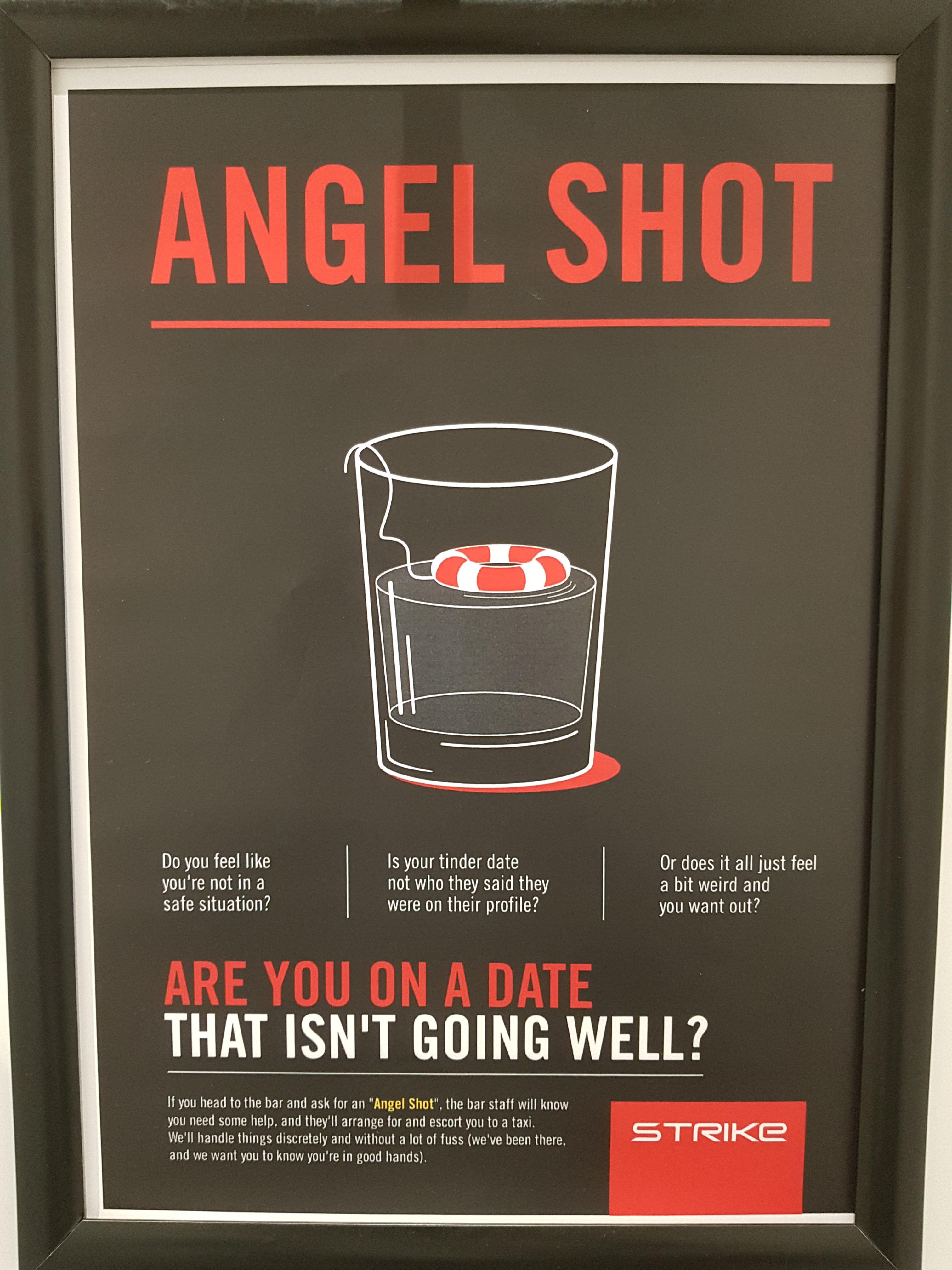
References
G. Aspinall | Posted on 25 08 2023 et al. (no date) What is a pick me girl? the meaning behind the TikTok trend explained, Grazia. Available at: https://graziadaily.co.uk/life/real-life/what-is-pick-me-girl-meaning-boy/ (Accessed: 12 September 2023).
How The Pick-Me Girl Trend Is Harmful To Women’s Mental Health, From An Expert (2023). Available at: https://www.hercampus.com/school/uwg/how-the-pick-me-girl-trend-is-harmful-to-womens-mental-health-from-an-expert/#:~:text=This%20can%20cause%20serious%20harm (Accessed: 19 September 2023).
McClintock, A. 1995. Imperial leather: Race, gender, and sexuality in the colonial contest, New York: Routledge.
M. Phoebe Feminism (April 11, 2023) Why the ‘pick me’ trend is problematic, Women’s Media Center. Available at: https://womensmediacenter.com/fbomb/why-the-pick-me-trend-is-problematic (Accessed: 12 September 2023
New Zealand Crime and Victims Survey (NZCVS) (2021) | New Zealand Ministry of Justice (no date) www.justice.govt.nz. Available at: https://www.justice.govt.nz/about/news-and-media/news/2021-new-zealand-crime-and-victims-survey-nzcvs/#:~:text=About%2035%20percent%20of%20females.
Online, T.S. (2022) Who are ‘pick me girls’ and why have they got social media in a spin?, The Star. Available at: https://www.thestar.com.my/tech/tech-news/2022/06/01/who-are-039pick-me-girls039-and-why-have-they-got-social-media-in-a-spin (Accessed: 12 September 2023).
Rosida, I., Ghazali, M.M., Dedi, D. and Salsabila, F.S, 2022. The manifestation of internalized sexism in the pick me girl trend on TikTok. Alphabet: A Biannual Academic Journal on Language, Literary, and Cultural Studies, 5(1), pp.8-19.
The evolution of the perception of teen girls • the daily fandom (no date) The Daily Fandom. Available at: https://thedailyfandom.org/the-evolution-of-the-perception-of-teen-girls/ (Accessed: 18 September 2023).
(2022). YouTube. 4 January. Available at: https://www.youtube.com/watch?v=SWjJQcVix-M (Accessed: 18 September 2023). ).
Women’s Mental Health Facts, Agenda Alliance. Available at: https://www.agendaalliance.org/our-work/projects-and-campaigns/womens-mental-health-facts/#:~:text=Mental%20ill%20health%20among%20women,in%20eight%20(12%25)%20men(Accessed: 18 September 2023).
